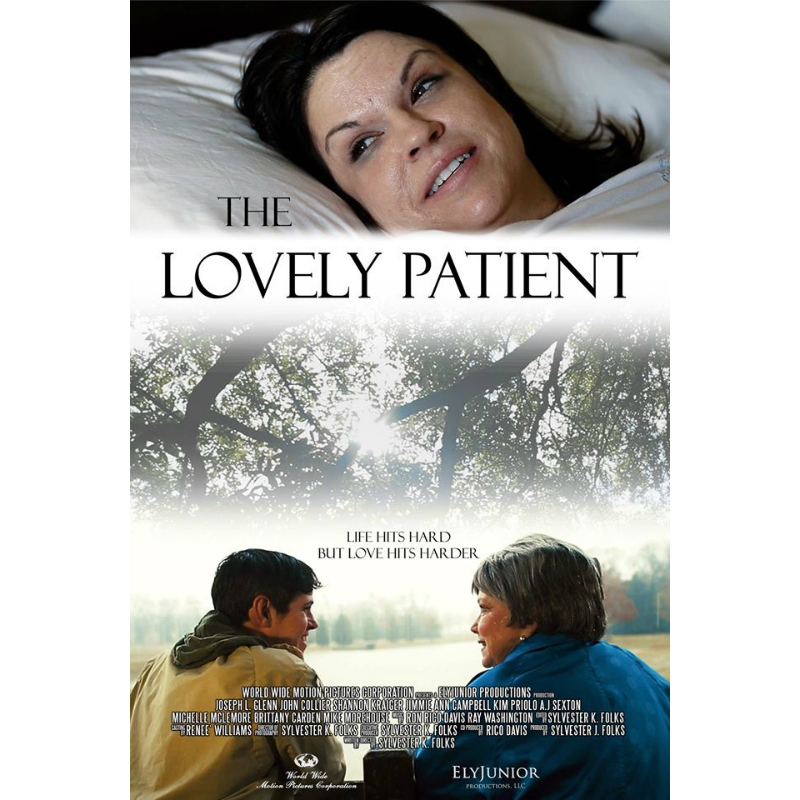
Chinese actor Qin Hao is soon to appear in the Chinese-French co-production The Nightingale (distributed by World Wide Motion Pictures Corporation). Qin Hao’s plays Chongyi, father to the young protagonist Renxing, and son to the second protagonist Zhu Zhi Yen. Chong Yi’s character brought an aura of antagonism from which the family suffered a split. Qin Hao’s character, however, is given complexity through his genuine love for his daughter, and through a pending separation from his wife that he feels he needs since they spend little time together as a unit. Chong Yi, however, gives in to the transformation of his daughter that occurs during the trip with her grandpa, and hopes to make amends with his father and his wife for the benefit of the family.
The actor Qin Hao was born in 1978 in the coastal Shandong province in the people’s republic of China. In 1996 he entered China’s renown Central Academy of Drama —school to many of the country’s famous actors such as Zhang Ziyi, and Gong Li- to receive his formal training as an actor. In 2005, Qin Hao made his cinematic debut playing a local boy in Wang Xiaoshuai’s film Shanghai Dreams —a film that was an official selection for the Palme D’or at the Cannes film festival. Qin Hao continued to do small roles until 2009 when he starred as the protagonist (Jiang Cheng) in Lou Ye’s controversial film Spring Fever. This picture explores erotic curiosity found in China, a subject that is connected to Hao’s character as he plays a travel agent who does drag shows at night and ends up in an affair with a married man. The film won best-screenplay at Cannes, despite China’s attempt to bar the filmmaker from making the film. After Spring Fever, Qin Hao followed with Wang Xiaoshuai’s 2010 film Chongqing Blues —another selection to the Cannes film festival. After this film Qin Hao took a hiatus from the cinema, but made some television appearances in the series City Lover (2012) and Desert Ballad (2012).
Qin Hao reappeared on the silver screen in 2014 in Blind Massage —another Lou Ye film that’s based on a popular novel by Bi Feiyu. He followed this film with a pivotal performance in The Nightingale. This production was ultimately submitted by China as their entry for the 87th Academy Awards. Since The Nightingale, Qin Hao has continued his career with several film in 2014, and this year he has appeared in a comedy in which he plays an aged retired rockstar in the movie Rock Hero. The Nightingale will debut in select US theaters November 6, and it will be an opportunity for American audiences to see Qin Hao and the rest of the cast.


 Lanterns will light up the night, and delicious moon cakes will be enjoyed this weekend to celebrate China’s second most important day on the Chinese lunar calendar, The Moon festival.
Lanterns will light up the night, and delicious moon cakes will be enjoyed this weekend to celebrate China’s second most important day on the Chinese lunar calendar, The Moon festival.




